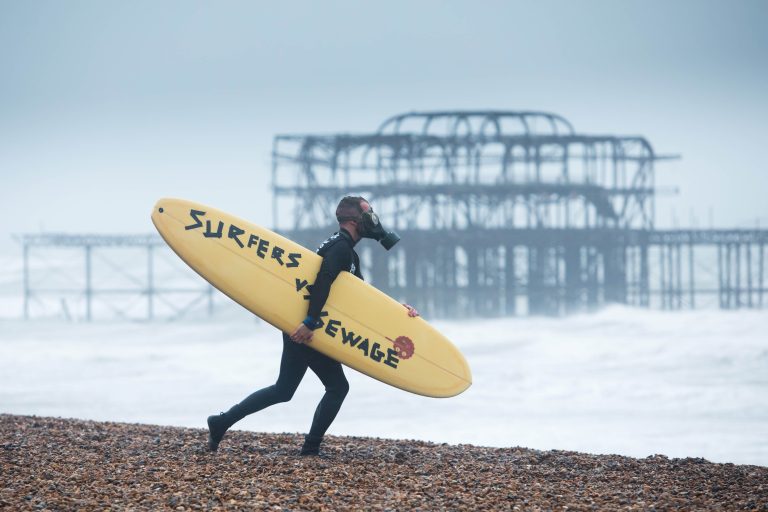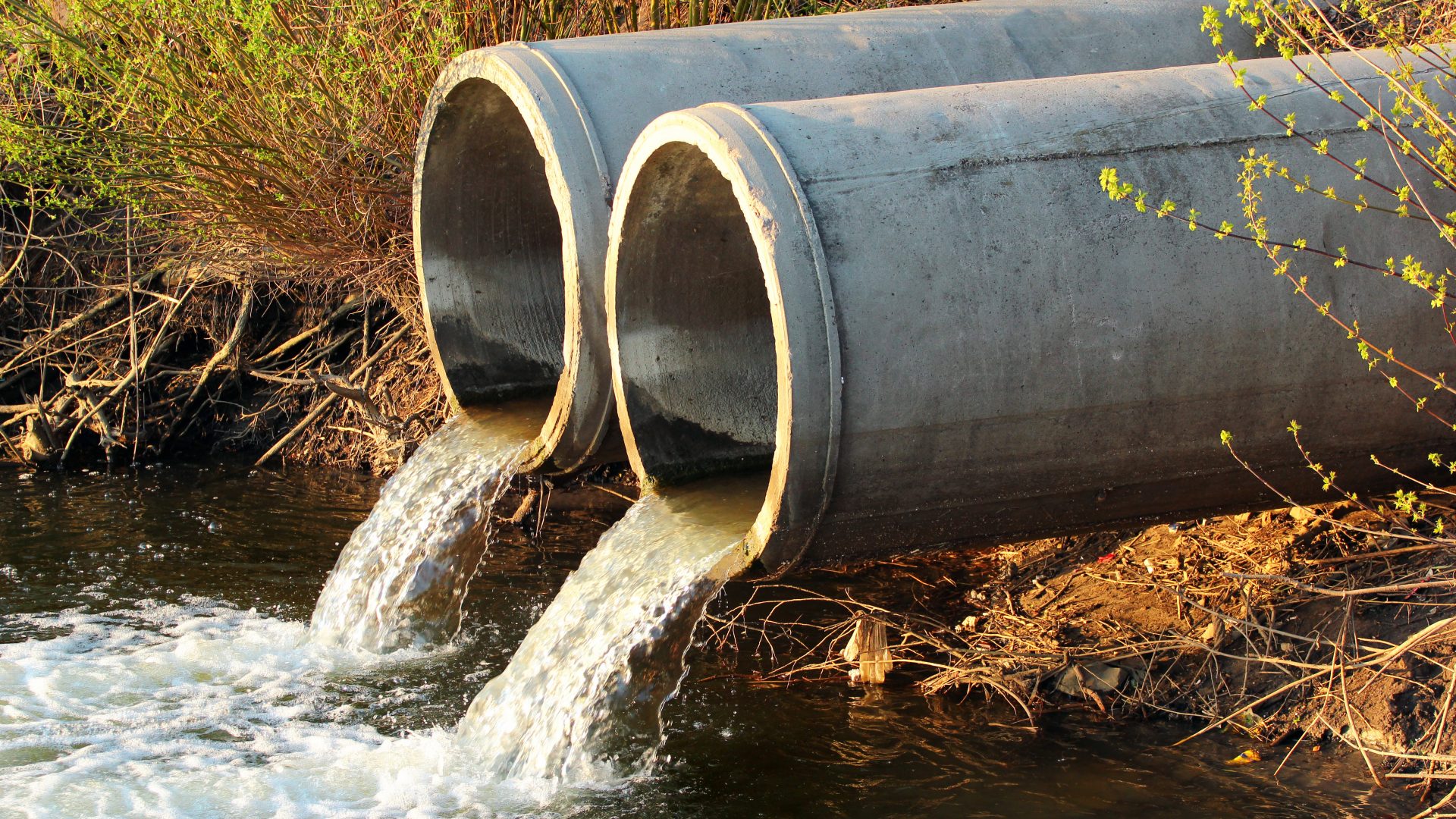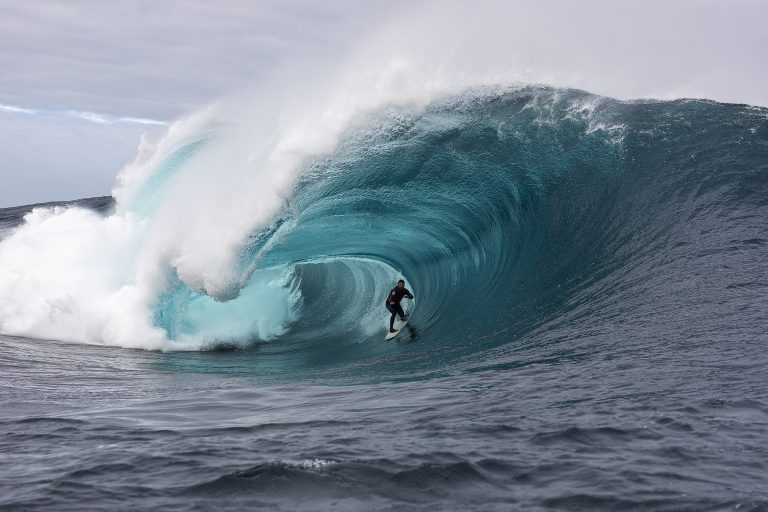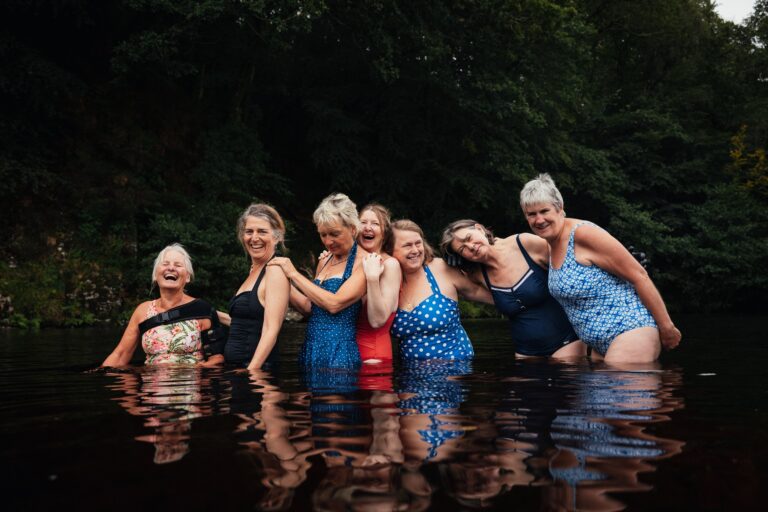

Water Quality Report (2019)
Water companies treat our blue spaces like open sewers.
In 2019, at least 10% of days in the UK’s summer bathing season have been lost due to the impact of sewage pollution.
This year has seen the issue of poor water quality returning to public consciousness and highlighted at a national level. Recent reports have shown that water companies are performing consistently badly, with pollution events increasing and causing damage to local environments, wildlife, and putting human health at risk. Southern Water received record fines of £126 million for serious failures in their sewage treatment works and for deliberately misreporting its water quality performance. One of our primary mandates is to keep people safe when using the water – wherever possible people should not face elevated risks of illness due poor water quality of rivers and the ocean. Where there is an unavoidable risk, people should always be made aware of sewage and other water pollution in real time.
Analysis of data provided by the UK’s only real time water quality service, the Safer Seas Service (SSS), has shown that the discharge of sewage into our ocean remains a serious issue. This year, the coastline has suffered 1,784 Combined Sewer Overflow (CSO) discharges during the official ‘summer’ bathing season; and that’s just what’s reported voluntarily by major water companies. This equates to at least 10% of bathing days lost to sewage discharge around the UK. Southern Water, despite the recent fines, was still responsible for the most sewage pollution events in 2019, with over 571 discharges. Without a significant step change, greater levels of precipitation, in combination with the predicted changes in rainfall intensity and an increase in heavier ‘extreme’ rainfall events, is likely to see combined sewer overflow discharges increase even further as a result of global heating. Surfers Against Sewage is calling for a 75% reduction in sewage discharged into rivers and seas by 2030, with a complete cessation of those discharges that impact areas important to recreation and wellbeing, including designated Bathing Waters.
Go deeper


The Safer Seas & Rivers Service

